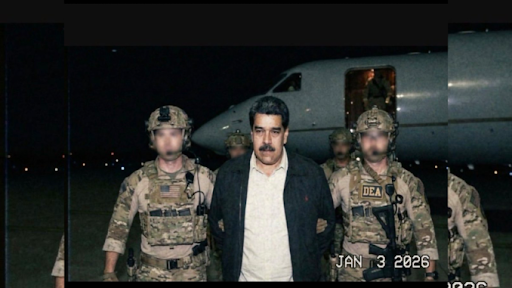For over two decades, radical Islamists were considered America’s public enemy number one. But did you know that the USA played a part in funding one of the most notorious militant Islamic governments to date? But… not really.
Since Gengis Khan’s invasion in the 1300s, Afghanistan has been subject to countless foreign occupations and military campaigns. Many said foreign actors have crumbled after the end of their occupation of Afghanistan, dubbing the country “the Graveyard of Empires”. In the mid-20th century, the graveyard claimed the British Empire as a victim.
After British occupation, Afghanistan was one of the first countries to formally recognize the Soviet Union, and maintained a “special relationship” with them until the 1979 invasion. This quickly soured Soviet-Afghan relationships. At the height of the Cold War, any enemy of the USSR was the friend of America.
Thus began Operation Cyclone.
This operation utilized Pakistani dictator Mohammed Zia-ul Haq to funnel money and weapons to Afghanistan for a proxy war of sorts. Zia ul-Haq called for Muslim countries to send mujahidin or fighters to Afghanistan to resist Soviet rule. Among these fighters was Osama Bin Laden.
In 1981, President Reagan met with mujahidin leaders at the White House, calling them “freedom fighters”. The American support for these revolutionaries fighting Soviet rule was evident.
In the mid 90s, a Pashtun majority group within the mujahidin splintered off, calling themselves the Taliban, loosely translating to “Islamic student” in Pashto. In 1994, the group began to garner support after subduing a Kandahar Province warlord. By 1996, it had control over more than 2/3rds of the country. They quickly became the terrorist-harboring, freedom-hating, human rights-ignoring Taliban that we know and hate.
So, did America fund the Taliban? That depends on how you look at things. However, it is worth noting that this was likely not the last time American money ended up in Taliban hands. Since the 2021 withdrawal, America has sent billions of dollars worth of aid to Afghanistan.
In testimony to the US House Committee on Oversight and Accountability, Special Inspector General for Afghan Reconstruction claimed that he “could not reassure this committee or the American taxpayer, we are not funding the Taliban.” Additionally, non-profit workers that receive American aid money have claimed they are forced to pay the Taliban fees.
So regardless what side of the aisle you're on, pay attention this election season because the decisions our leaders make, can echo for decades.



%201.svg)





.png)



